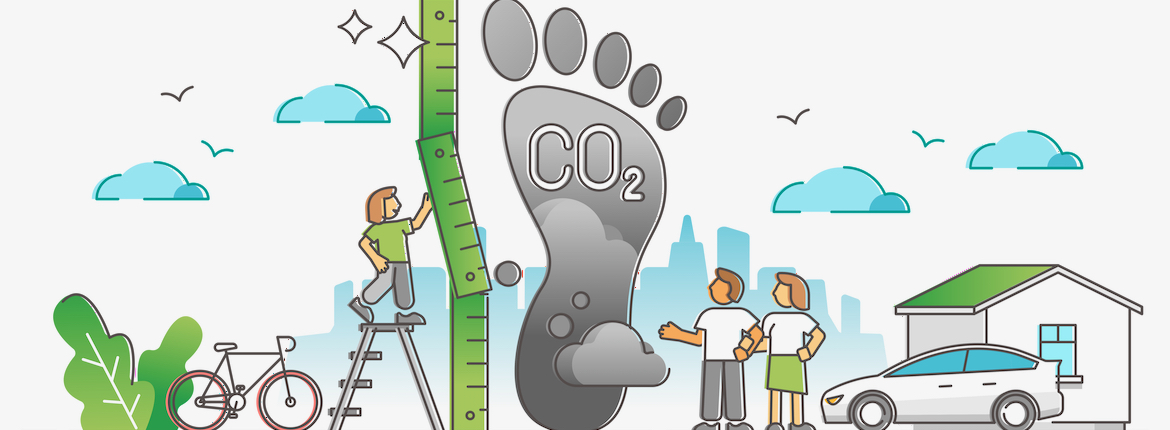
Paying the price: carbon credits
What’s with carbon footprints, credits and offsets? Vanessa Trethewey explains.
For those wanting to reduce their carbon footprint, carbon offsetting is a simple way to contribute to the cause.
Booking a $115 flight from Auckland to Wellington? For an extra $1.46 you can opt to offset your carbon emissions. That means your share of the CO2 produced from the flight (in this case, 62kg of it) will be balanced out through investment in the airline’s carbon offsetting projects, which could be anything from tree planting to replacing fossil fuel stoves.
You get to ease your conscience and balance your carbon footprint by investing in environmental projects that tackle global warming.
According to the Paris Agreement – a landmark global treaty on climate change – we need to limit global warming to 1.5ºC. How? By slashing current levels of greenhouse gas emissions (also known as CO2e or carbon dioxide equivalent) in half by 2030, and to ‘net zero’ by 2050. It’s no easy task; that’s where carbon credits and voluntary carbon offsetting come in.
Carbon credits are a tradeable unit, just like currency, with each credit equal to one tonne of carbon dioxide. Here in New Zealand, they’re issued by the Government to those who have either absorbed additional CO2e from the atmosphere (by planting trees, for example) or reduced the release of emissions by doing something that otherwise wouldn’t have been feasible (such as shutting down a coal burning powerplant and building a wind farm).
Carbon offsetting builds a market for these credits, enabling businesses and individuals to buy credits to offset the emissions they’re responsible for.
There are a wide range of carbon offsetting schemes, most of which work on a credit system; CarbonClick is a local example. Launched in 2019, it has applied the concept of carbon offsetting to online shopping, so that individual consumers can offset the carbon emissions of their purchase.
Buying online from a Carbon Click enabled business? Join 73,000 others and throw in a few extra dollars to offset your carbon footprint and support local reforestation projects.
AA Smartfuel has recently become one of CarbonClick’s ‘Climate Champions’ which means AA Members can convert their AA Smartfuel discounts into carbon offsets.
When deciding which climate projects to support, CarbonClick CEO Dave Rouse says it’s all about balance.
“Enterprises we support can choose their projects, but our recommendation is 50% native reforestation and 50% clean energy globally. That gives us the best of both worlds – creating long-term carbon sinks and natural assets for our next generations, while also addressing climate change and wider pollution globally.”
Dave’s personal favourites focus on native reforestation here in Aotearoa and include Southland’s Rarakau Rainforest Conservation Project, Hinewai Reserve on Banks Peninsula, Waikene in Kaikōura, and Taranaki’s Arawera Forest.
Currently around 14% of shoppers offset their online purchases via CarbonClick-enabled merchants. But how can we be sure the good deeds we’re paying for are actually getting done?
A range of standards has been introduced to offer credibility and peace of mind for those striving to reduce their carbon footprint and businesses like CarbonClick help make it easy.
“CarbonClick is the first platform in the world to provide full track-and-trace transparency on every transaction. You can trace even a one-cent offset right to the project and Government registry to ensure it’s been received, accounted for, and the carbon credit has been retired from circulation. You know the project is working efficiently because credits only get issued after the carbon has been measured,” says Dave.
But while carbon credits and carbon offsetting are doing great things for the planet, reducing greenhouse gas emissions is still the number one goal. Dave says: “We need to work on reductions alongside offsetting, otherwise we’ll simply kick our problems down the road to the next generation. Think of the planet like our body in a war zone. Carbon offsets are like bandages, but we actually need to work towards getting out of the war zone and stop inflicting damage in the first place.”
Reported by Vanessa Trethewey for our AA Directions Spring 2021 issue
